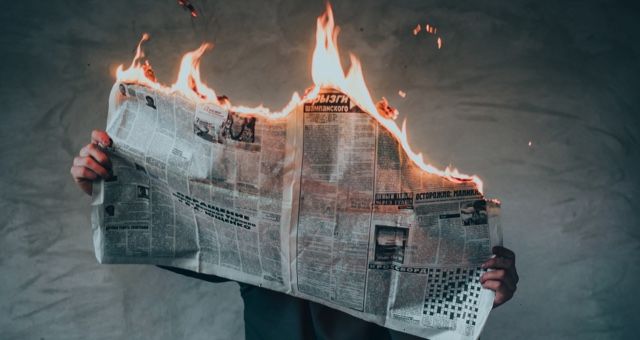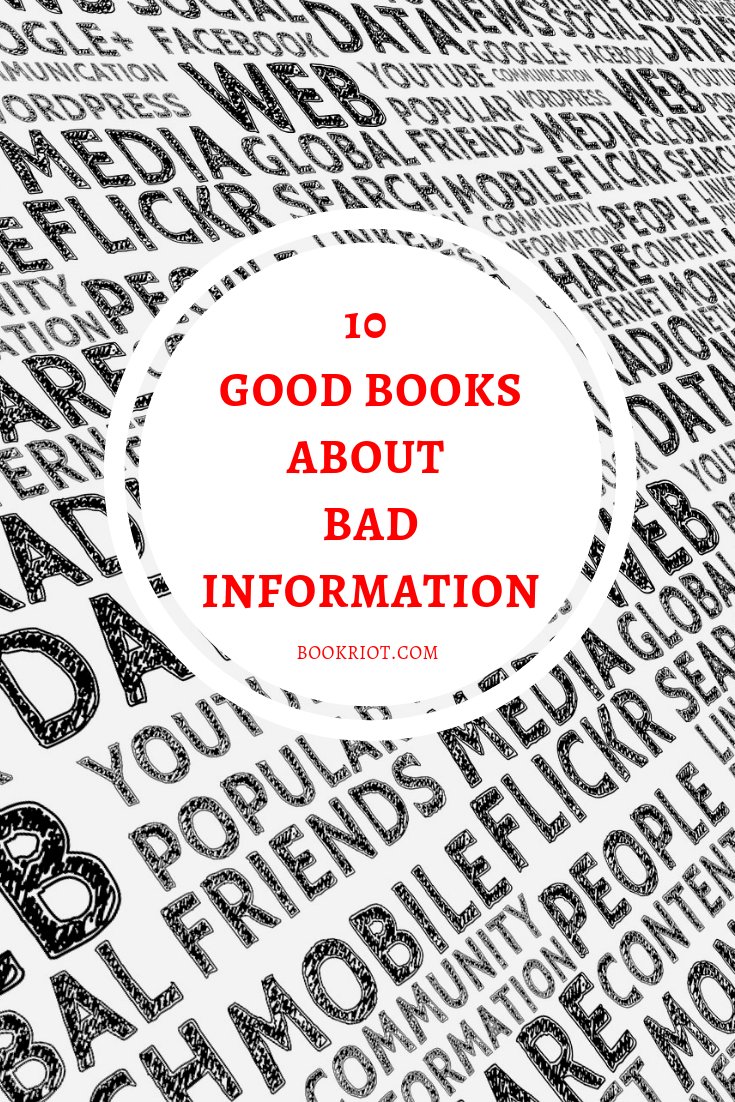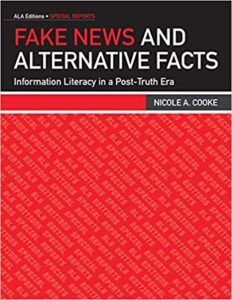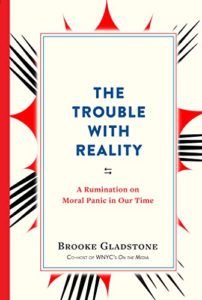
10 Good Books About Bad Information
Welcome to the 21st century. Good luck sussing out the truth from all the nonsense out there. Even disregarding the clownishly blatant obfuscation attempts of the current political administration’s press office and officials, bad information is the new social disease, courtesy of the internet. Whether it’s flat earth or climate denial, you’ve definitely run into it if you’ve gotten far enough to read this piece. Luckily, they write books about that, and by they, I mean smart people with degrees from real universities who make a living studying how people communicate. Here are a few good books about bad information in case you want to cut through all of this BS and get at the root of things. When you’re done with this list, don’t end your terrifying political apocalypse kick! Go check out our list of books about populism.
Bullspotting: Finding Facts in the Age of Misinformation by Loren Collins
Think of this as an information user’s guide. For one thing, it analyzes misinformation techniques and explores common methods of causing confusion. Then it gives you the logical tools you need to sniff out the worst of it.
Bunk: The Rise of Hoaxes, Humbug, Plagiarists, Phonies, Post-Facts, and Fake News by Kevin Young
Misinformation is not new—not by a long shot. This book explores the likes of P.T. Barnum and Donald Trump side by side. Over a hundred years of con artists and lies, the correlations become, shall we say, very real.
Do Facts Matter?: Information and Misinformation in American Politics by Jennifer L. Hochschild and Katherine Levine Einstein
The content of this book originally hails from the Julian J. Rothbaum Distinguished Lecture Series. In essence, it examines how politicians sometimes throw gas on the flames of conspiracy theories for their own benefit.
 Fake News and Alternative Facts: Information Literacy in a Post-Truth Era by Nicole A. Cooke
Fake News and Alternative Facts: Information Literacy in a Post-Truth Era by Nicole A. Cooke
Hey, librarians! (I know you’re here.) If you’ve just spent 20 minutes explaining why there are no scholarly resources on lizard people, then this is the book for you. There are other books about bad information for librarians out there, but this is the best place to start.
The Misinformation Age: How False Beliefs Spread by Cailin O’Connor and James Owen Weatherall
Truth is objectively good because it keeps you safe from harm. So why do people like to believe in false information? According to this book, your friends might have something to do with it.
Post-Truth by Lee McIntyre
Need a handy guide to the so-called post-truth era? Here it is! This slim volume covers the history of mass misinformation. It even has some ideas for how to deal with it. Be prepared: it’s not going to be easy.
Reality Lost: Markets of Attention, Misinformation and Manipulation by Vincent F. Hendricks and Mads Vestergaard
Think of misinformation as currency in an information market. How does it affect the world now? What are the consequences? Two distinguished philosophers look at misinformation in a new way in this book.
 The Trouble with Reality: A Rumination on Moral Panic in Our Time by Brooke Gladstone
The Trouble with Reality: A Rumination on Moral Panic in Our Time by Brooke Gladstone
Misinformation is clearly a huge problem. This book attests that’s not just because it spreads falsehoods, but because its existence has been spun into a useful moral panic. Meta! This is a perspective that’s distinct from most other books about bad information out there.
unSpun: Finding Facts in a World of Disinformation by Brooks Jackson and Kathleen Hall Jamieson
From the people who brought you FactCheck.org, here’s a key for determining what’s real on an information landscape full of mirrors and mirages. Don’t let its age fool you: in an age filled with books about bad information, this a useful guide to modern information instability.
Weaponized Lies: How to Think Critically in the Post-Truth Era by Daniel Levitin
As the sages tell us, success happens first in the mind. So change how you think! This book will endow you with critical thinking skills that will blast away the misinformation in your world.

















